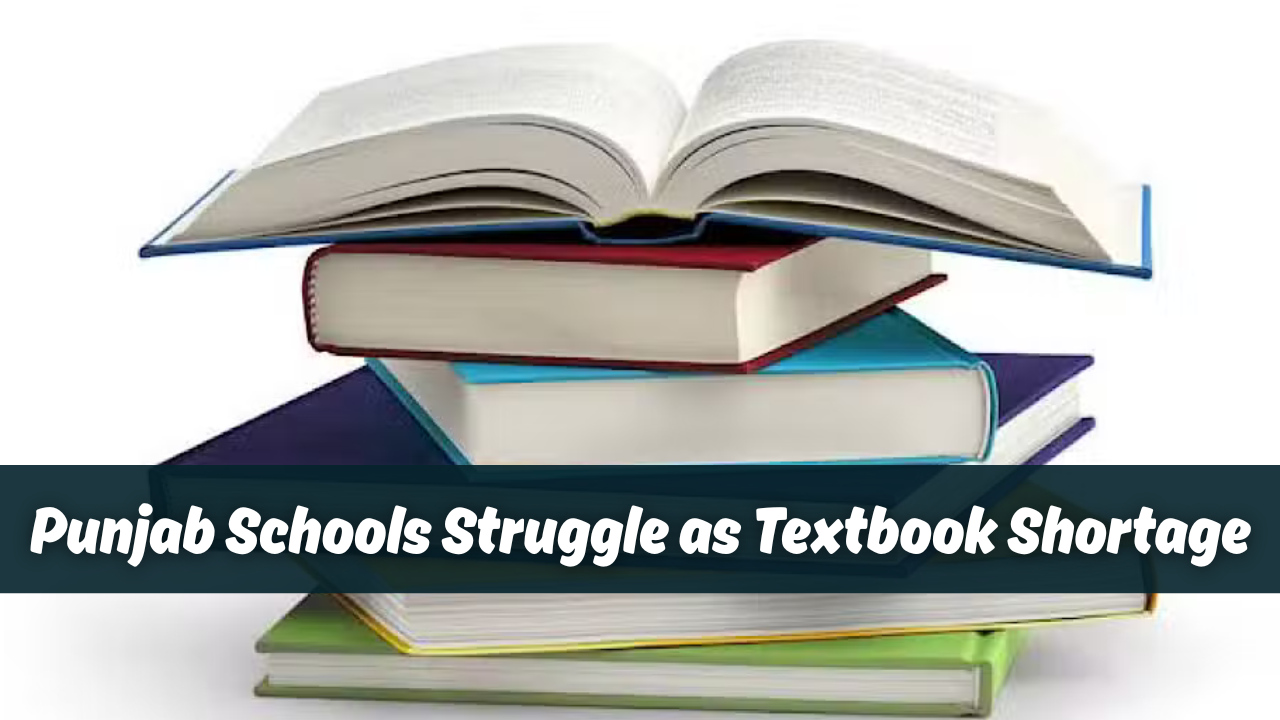Follow us on WhatsApp and YouTube for the latest updates!
Every year, students in government schools across Punjab start their academic session with high hopes. But in Hafizabad district, that excitement quickly fades due to a major textbook shortage.
This year, the issue is worse. With only 20% of students receiving books on time, learning has been disrupted. Most students—around 80%—have no textbooks at all, even weeks after classes started.
What’s Causing the Shortage?
The main issue appears to lie with the Punjab Textbook Board. According to teachers and school heads, delays in book printing, late distribution, and poor planning are to blame.
Some common factors include:
-
Delayed printing contracts
-
Slow delivery to schools
-
Lack of coordination between the board and local authorities
-
No backup system in case of shortage
This isn’t the first time students have suffered because of such mismanagement.
Scholarships for Commonwealth Countries Including Pakistan
Impact on Students and Parents
The lack of textbooks has a direct impact on children’s ability to learn. Without proper materials:
-
Students can’t follow daily lessons
-
Homework becomes impossible
-
Class participation drops
-
Teachers are forced to adjust their methods or skip lessons entirely
One parent said, “My child goes to school every day but comes back confused because he doesn’t have the book the teacher is using.”
For many families, buying textbooks privately is not an option due to rising prices of basic goods. The financial burden only adds to the stress.
How Teachers Are Coping
Teachers are also under pressure. Some are:
-
Using old books if available
-
Sharing digital copies (where possible)
-
Photocopying key lessons for students
-
Adjusting lesson plans to fit available materials
But these are only short-term fixes. They don’t offer the full learning experience students deserve.
Punjab University Announces CSS Exam Classes for Competitive Aspirants
Students Left Behind
In a country where millions already struggle to access quality education, issues like this deepen inequality. Students in private schools or big cities often don’t face these challenges. But for children in rural areas, even getting a textbook becomes a battle.
This gap affects:
-
Academic performance
-
Exam preparation
-
Overall motivation to study
It’s not just a supply issue. It’s a system failure that risks long-term harm to the future of these children.
What Needs to Change?
To prevent this issue from repeating next year, several steps must be taken:
1️⃣ Improve textbook board planning – Contracts and printing must start months in advance.
2️⃣ Stronger accountability – Officials responsible for delays must be held accountable.
3️⃣ Emergency reserves – Extra stock should be available at district levels.
4️⃣ Digital access – PDFs or online copies should be distributed where possible.
5️⃣ Better communication – Schools should be informed about expected delivery dates and updates.
Chahta Foundation Scholarships 2025 – Apply Now
Conclusion
Education is a basic right, not a luxury. When students in Hafizabad—and across Punjab—are forced to learn without textbooks, we’re not just wasting their time, we’re damaging their future. Fixing this problem is not optional. It’s urgent.

✍️ Rana Shahriyar
Rana Shahriyar is a passionate blogger and digital content creator. He is the founder of 8171 Rashan Program, a website dedicated to sharing helpful tips and guides related to 8171 Web Portal,Govt.Scheme, and digital tools for everyday users in Pakistan.


